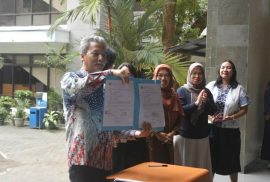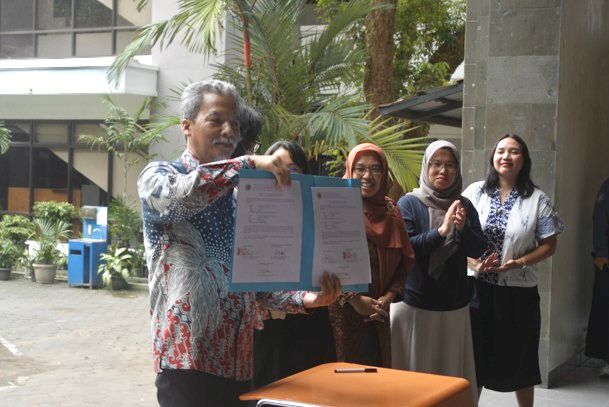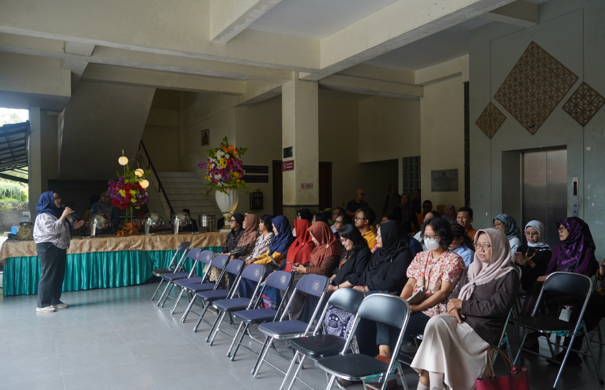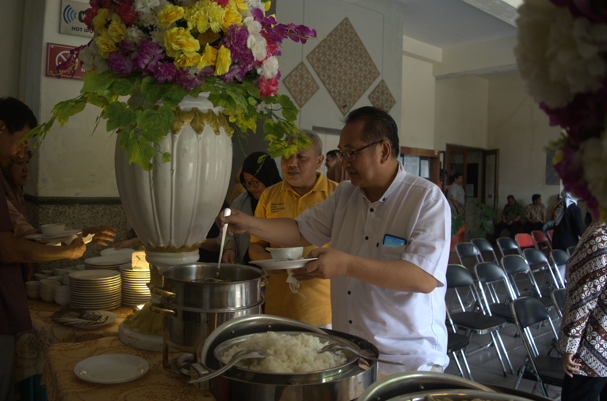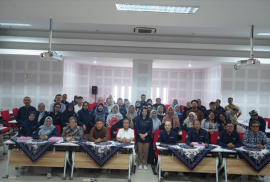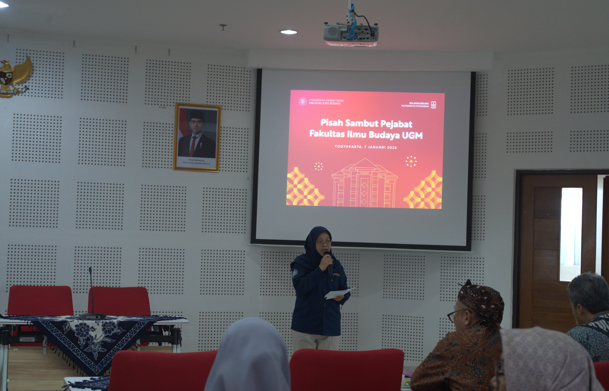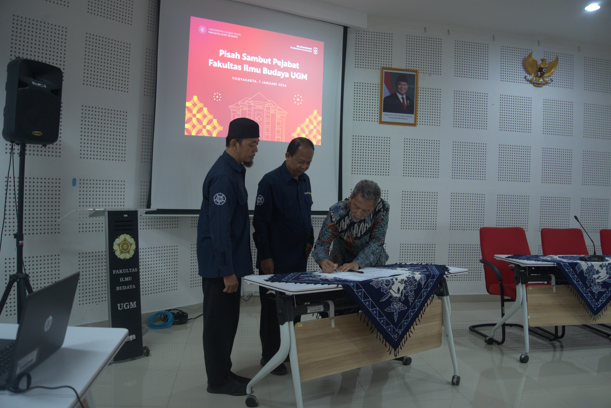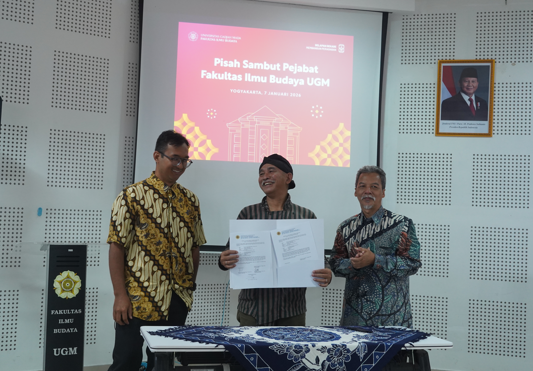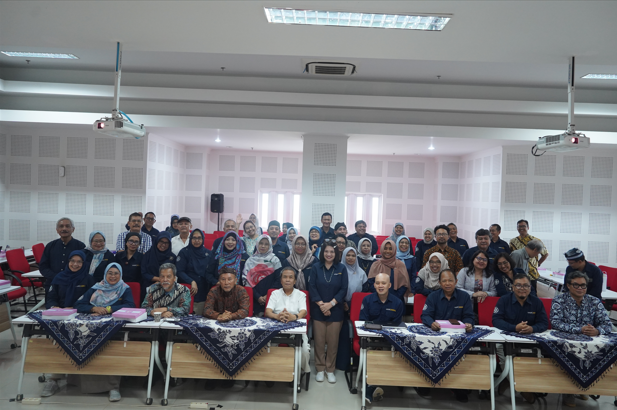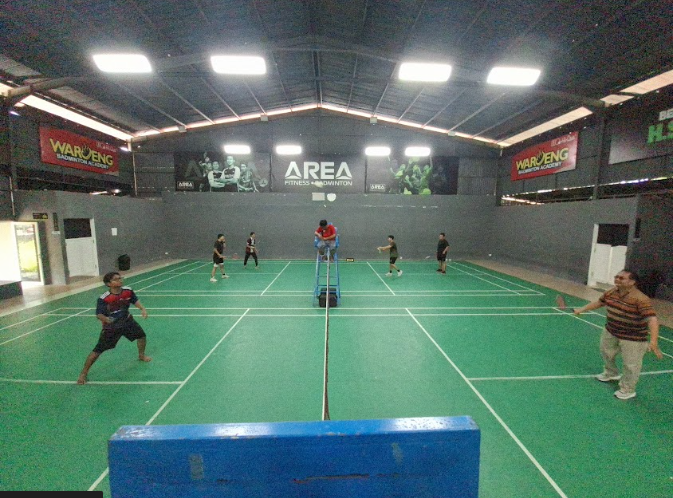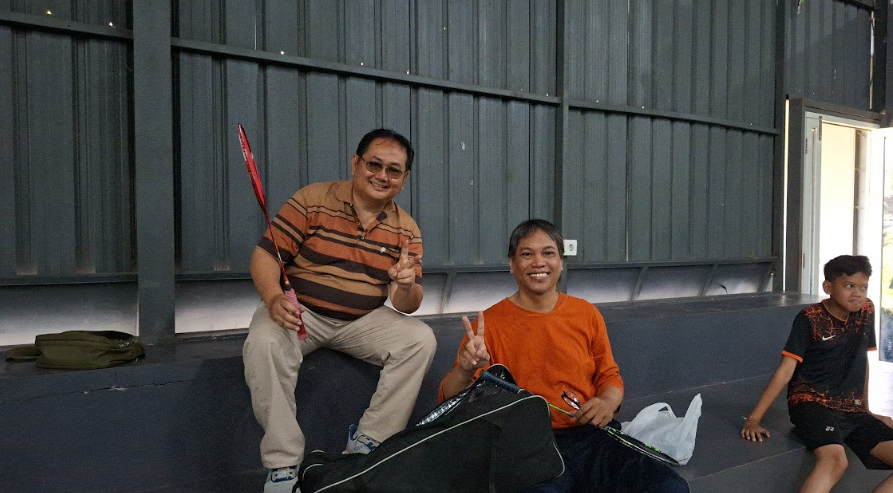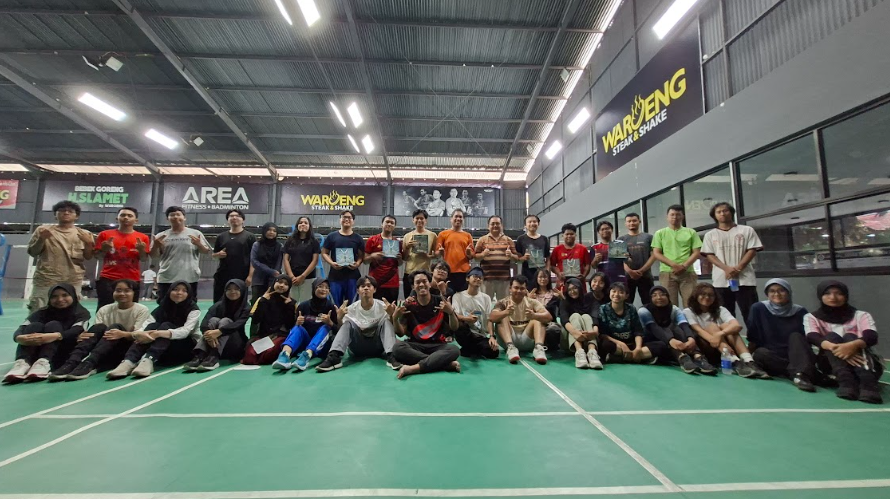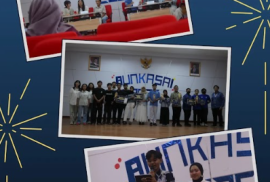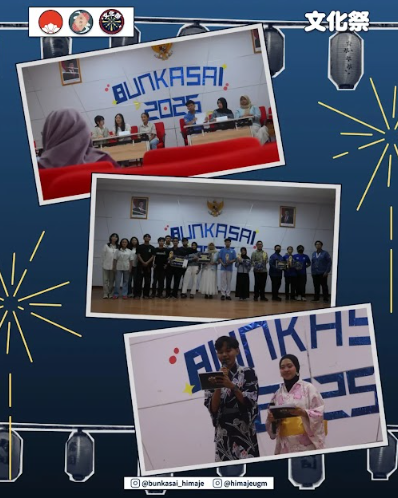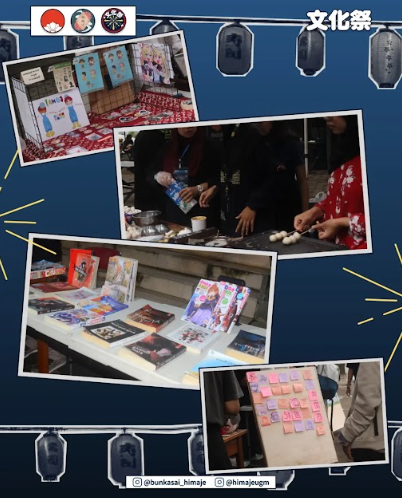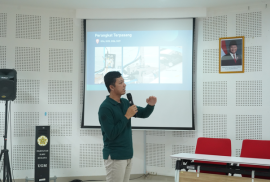Yogyakarta, January, 9, 2026 – The Faculty of Cultural Sciences (FIB), Universitas Gadjah Mada, held a thanksgiving ceremony to celebrate the successful completion of the international accreditation assessment by ACQUIN (Accreditation, Certification and Quality Assurance Institute). The event marked an important milestone for FIB UGM in its continuous efforts to enhance educational quality to a level recognized globally.
ACQUIN is an international accreditation agency based in Bayreuth, Germany. This accreditation evaluates the quality of higher education institutions based on European standards, covering aspects such as curriculum design, academic governance, human resources, and supporting learning facilities. By achieving ACQUIN accreditation, the accredited study programs are recognized as having met international higher education quality standards and as being on par with universities in Europe.
A total of 12 study programs at FIB UGM have officially obtained ACQUIN international accreditation, namely Cultural Anthropology, Archaeology, Japanese Language and Culture, Korean Language and Culture, Javanese Language, Literature, and Culture, Indonesian Language and Literature, Tourism, History, Arabic Literature, English Literature, as well as the Master’s Programs in Anthropology and History.
The Dean of the Faculty of Cultural Sciences, Prof. Dr. Setiadi, M.Si., expressed his appreciation and gratitude to all members of the academic community who contributed to the international accreditation process. He emphasized that this achievement was the result of collective efforts involving lecturers, educational staff, students, and the support of university leadership.
The success of FIB UGM in attaining ACQUIN international accreditation is in line with the university’s commitment to supporting the Sustainable Development Goals (SDGs), particularly SDG ****4: Quality Education, through the provision of inclusive, high-quality, and globally recognized higher education. In addition, this achievement also supports SDG 17: Partnerships for the Goals, by strengthening international cooperation and recognition in the fields of education and culture.
The thanksgiving ceremony concluded with a communal meal as an expression of gratitude and a means of strengthening solidarity among the academic community of the Faculty of Cultural Sciences, Universitas Gadjah Mada.
[Public Relation of FIB UGM, Alma Syahwalani]

